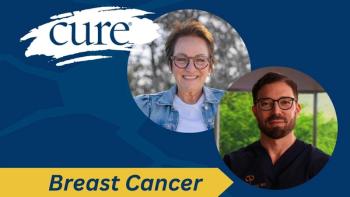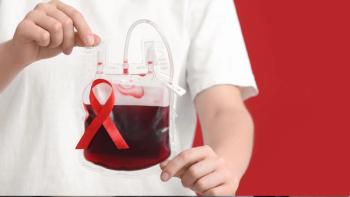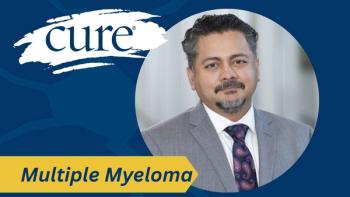
Inflammatory breast cancer more common than thought
Terry Arnold sat toward the front of Tuesday's education session on inflammatory breast cancer at the San Antonio Breast Cancer Symposium. She was watching slides intently, specifically those from Wendy Woodward, a radiation oncologist and section chief of the breast cancer radiation oncology program at MD Anderson Cancer Center in Houston. Arnold is Woodward's patient and credits her with her six-year survival from inflammatory breast cancer. It is often called the most deadly form of breast cancer, in part because it doesn't act like normal breast cancer. There is no tumor.Arnold was 49 and owner of a bookstore in Houston when she became concerned about the red, swollen appearance of her breast. It took her four months of doctors visits and trying one thing after the other before she was diagnosed. Since then she has been on a mission to educate women and the medical community about inflammatory, the breast cancer that has no tumor but presents as an infection--and kills the majority of women diagnosed. Both she and Woodward were excited to see almost 500 in attendance at this pre-conference meeting. Attendees had asked for more on inflammatory, Woodward told the audience at the beginning. Woodward also thinks inflammatory is much more prevalent than the 5,000 or so cases reported every year. "Physicians don't recognize it," Woodward says. "And when you go through the SEER data, you can see many are not coded correctly--or the physician thought if you call it metastatic, what difference does it make to correctly identify it if it's inflammatory. That hurts us because they think it is so few people."Woodward says 10 percent of those women who die each year of breast cancer had inflammatory.One of the challenges with inflammatory is the way it moves in the breast, Woodward says."In usual breast cancer when one cell becomes malignant and begins to divide, it clumps together and forms a tumor in most cases. With inflammatory the cells immediately begin to travel. They travel like metastatic disease, and this makes it harder to treat, because it behaves in a different way." Arnold likens it to dropping water on a hot griddle--it spatters all over. The tumor spatters all over instead of staying where it lands. Why the griddle is hot, Woodward says, is the question researchers are trying to answer. The result is a breast cancer that can involve the whole breast very quickly. While most breast cancer doesn't even show on the surface of the breast, inflammatory breast cancer looks like what the imagination would conjure for breast cancer. A red and swollen breast, distorted into a frightening site that may have open, boil-looking patches. When it travels to the skin on the breast and trunk, there are large red patches that look like an angry rash. This is what Arnold wants women to know. If it's inflammatory, the breast may be warm and look like an infection. And when they do a breast self exam, there is no lump. Read on for more about treatment, Arnold and her one-woman campaign.




